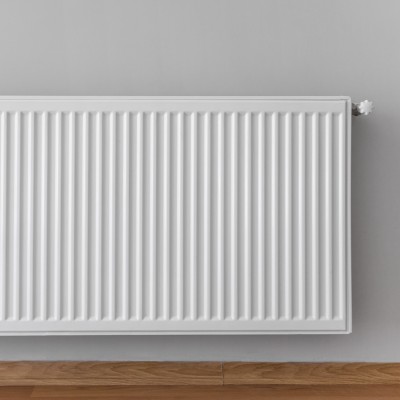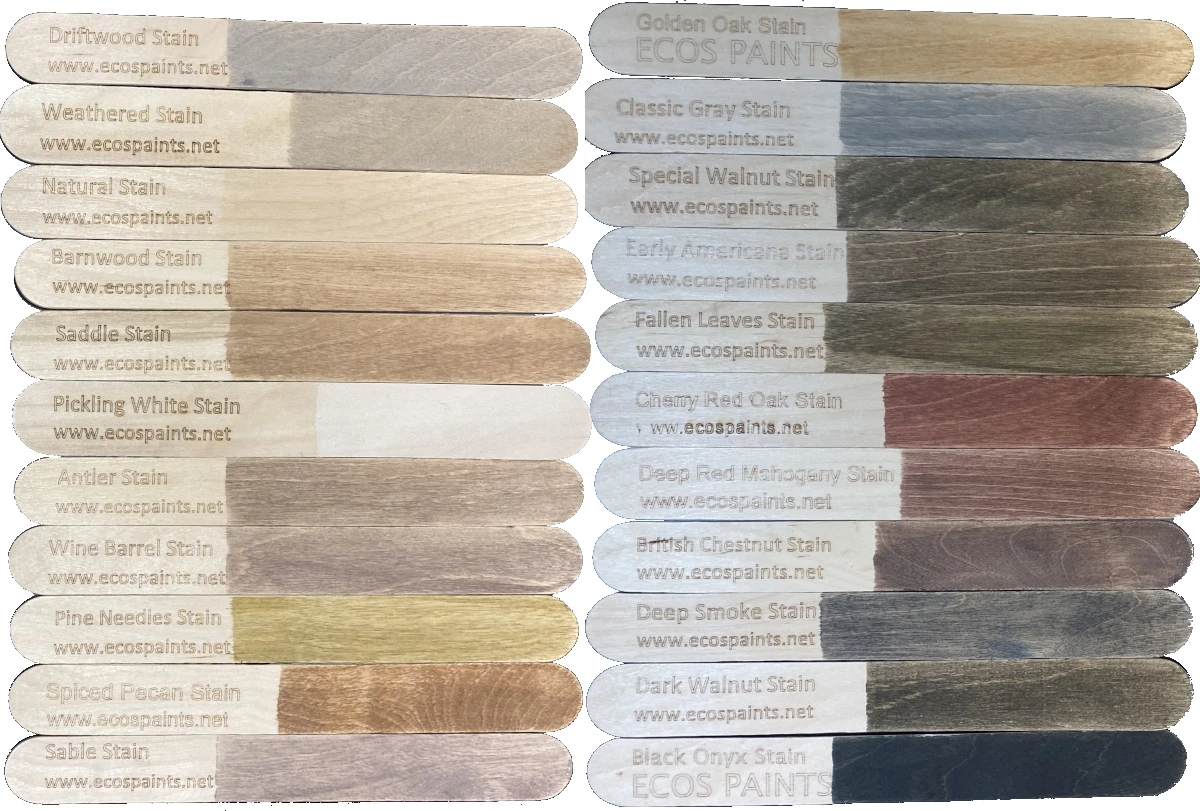Varnish VS. Polyurethane: What's the Difference?

"Do I need varnish or polyurethane?" If you've ever gotten stuck asking yourself that question, you're not alone. Plenty of people wonder whether their home needs varnish or polyurethane, and while many think they're interchangeable, they actually have two separate and distinct different uses. Here's a quick guide to help you understand the basic differences between varnish and polyurethane.
Varnish
What is varnish for? Varnish is often used as a general term for any wood finish, but its traditional definition explicitly includes alkyd resin, oil, and other solvents. It typically cures and creates a thin and glossy covering over the wood. Varnish is ideal for water-exposed outdoor decks and deck chairs because it has a high solid content and water resistance.
Polyurethane
Polyurethane comes in two main varieties: water-based and oil-based. Similarly, it can either be purely synthetic, or blended with a resin to create a liquid-plastic like application. Water-based polyurethane is generally better for indoor pieces like desks, nightstands, and picture frames, according to Bob Vila.
Health Concerns
As we've discussed in the past, many traditional flooring and painting materials are created with harsh toxins and VOCs that can affect your health. In fact, in a recent study, participants spent six full work days in an environmentally-controlled office space at the TIEQ lab at the Syracuse Center of Excellence. In this space, VOC levels were reduced to approximately 50 micrograms per cubic meter and 40 cubic feet per minute of outdoor air per person. They found that, on average, cognitive scores were 101% higher than in conventional workspaces. With these results in mind, if your flooring is more than one year old, many of the VOCs will have dissipated already. Otherwise, go for organic finishing options VOC-free materials.


























